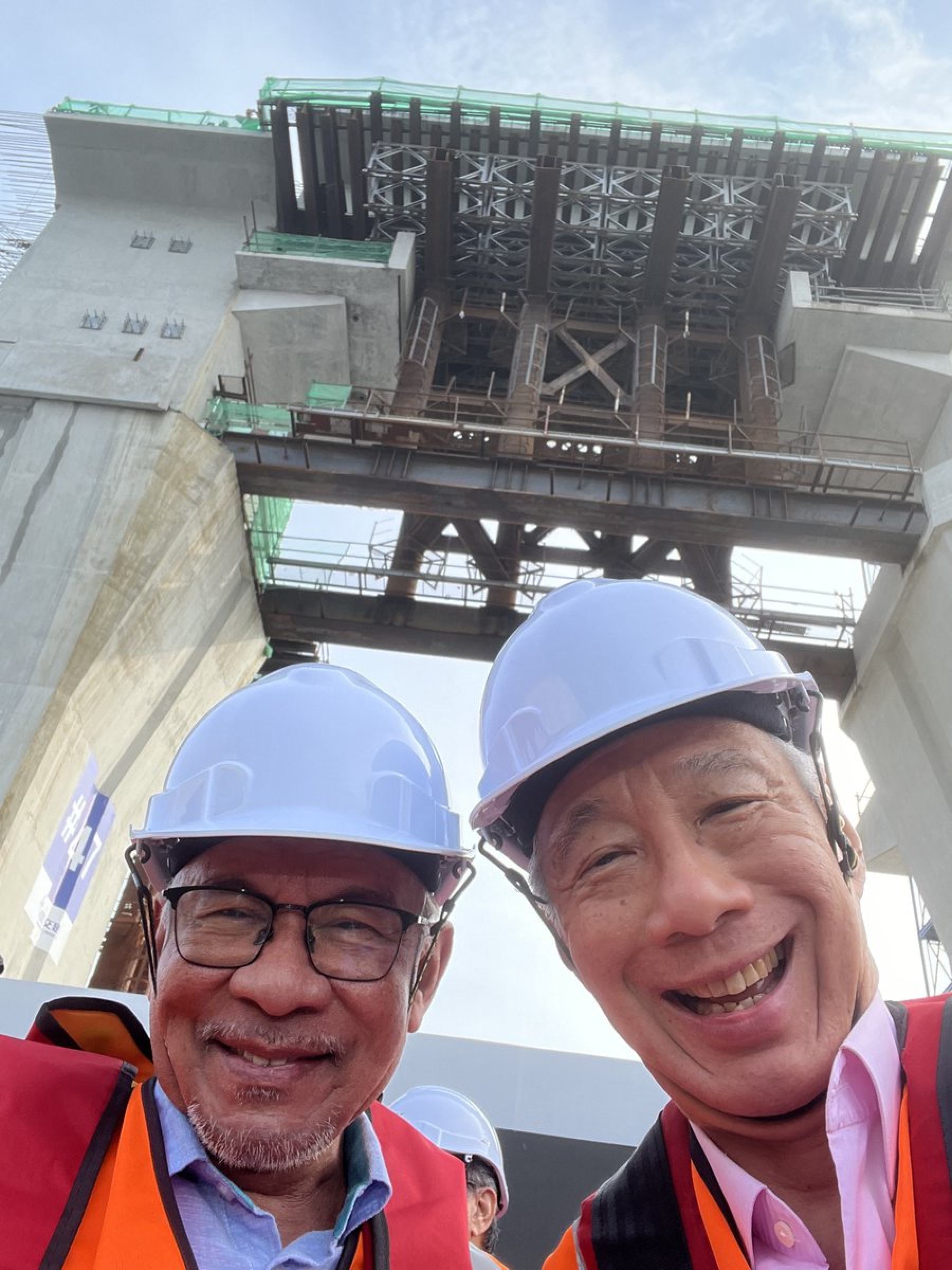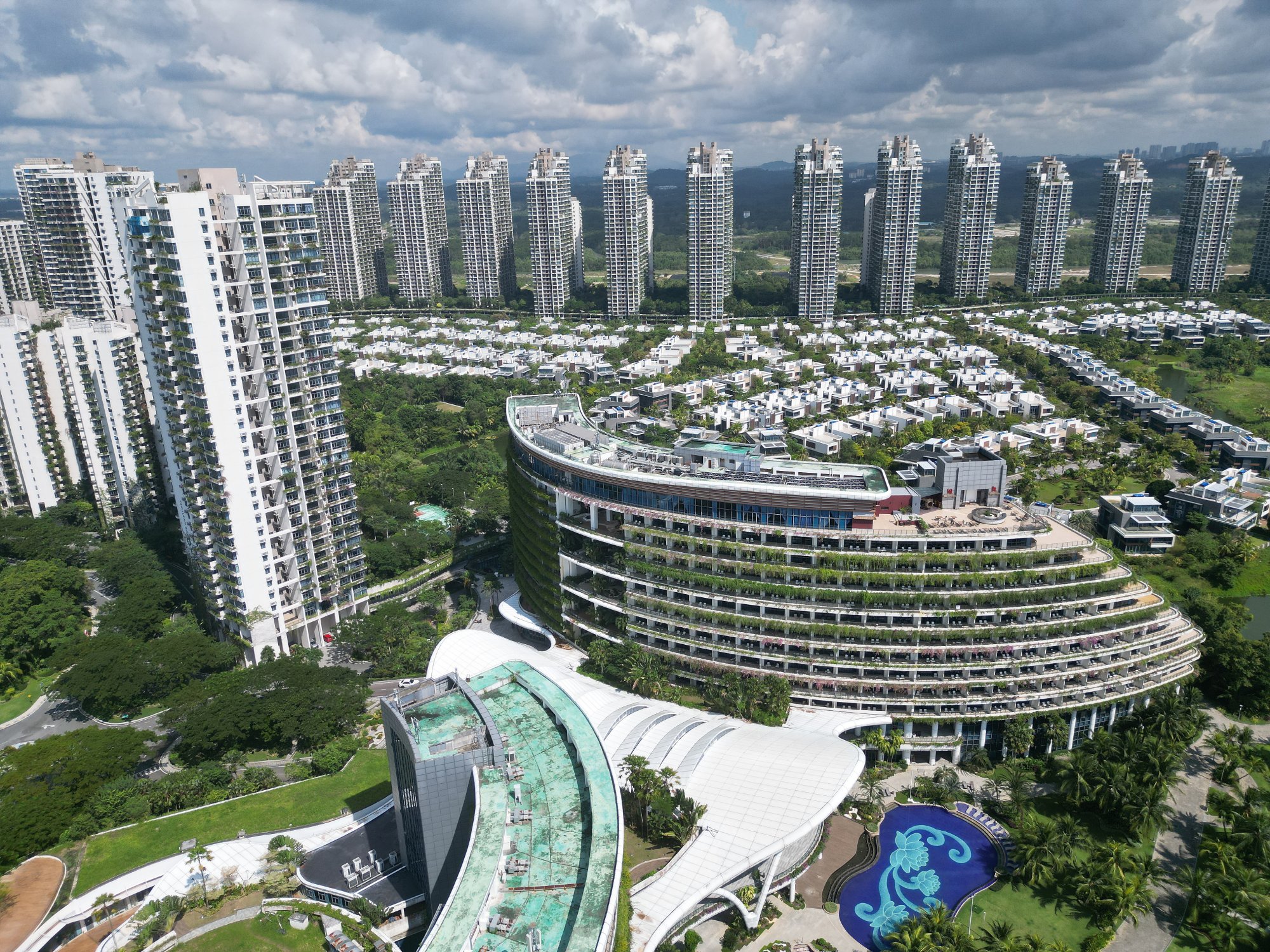Anwar last year announced plans to establish a special financial zone in Forest City, offering tax breaks and easy visa access to foreign professionals currently living in neighbouring Singapore.

‘We have great hopes’: Singapore, Malaysia to develop border economic zone
‘We have great hopes’: Singapore, Malaysia to develop border economic zone
It is “an unprecedented opportunity to enhance the cross-border flow of goods and people, bolster the business ecosystem and elevate the economic attractiveness of both Johor and Singapore,” said Malaysia’s Economic Minister Rafizi Ramli, who signed Thursday’s memorandum of understanding on behalf of Malaysia.
Under the plan, a one-stop business/investment centre will be set up in Johor to help Singapore businesses establish operations across the causeway, two-way passport-free QR code immigration clearance will be introduced and the two countries will cooperate on renewable energy projects in the special economic zone.
Singapore’s Minister of Trade and Industry, Gan Kim Yong, said the arrangement will “serve as a bridge” for both nations to grow business in the region.
Last year, Anwar indicated his hope that the economic zone would help build demand for Forest City, which has been plagued with problems from the get-go.

Barely a year after its 2016 launch, developer Country Garden shut all of its sales offices in China after the Chinese government imposed strict capital controls that made it impossible for the company’s Chinese clients to move money out of the country to finalise purchases. This was only made worse by Beijing’s strict pandemic movement controls.
Malaysia lures Singapore’s expats as Chinese-built Forest City homes ‘sit empty’
Malaysia lures Singapore’s expats as Chinese-built Forest City homes ‘sit empty’
Earlier, the prime ministers of Malaysia and Singapore signed commemorative plaques marking the completion of a connecting span for the Johor Bahru-Singapore Rapid Transit System (RTS).
The RTS is expected to start operating by December 2026, with peak operating capacity of 10,000 passengers per hour in each direction, according to a statement from Singapore’s Ministry of Transport.
Singapore was Johor’s second largest foreign investor in the first half of 2022, making up for around 70 per cent of its total foreign direct investment in manufacturing.
The two neighbouring countries are also each other’s second-largest trading partners, with S$153 billion (US$115 billion) in bilateral trade that same year.

